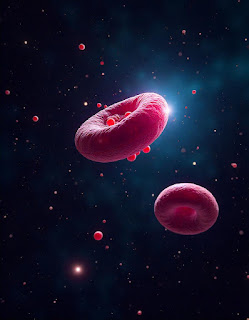Perimenopause: Understanding the signals!!
PERIMENOPAUSE
Let me begin with certain definitions:
MENARCHE: "Menarche" describes a female adolescent's first menstrual cycle.
1. It signifies the onset of puberty and the possibility of becoming pregnant.
2. Menarche typically occurs at 12 but can occur between 10 and 16.
MENOPAUSE: When a woman has not had her period for 12 months in a row, she is said to be going through menopause.
It is a normal aspect of aging and signifies the end of a woman's reproductive years.
It is a normal aspect of aging and signifies the end of a woman's reproductive years.
But there is one more significant term called "perimenopause." This is the condition during which a woman is heading towards menopause; the symptoms are usually irritating and produce a lot of anxiety among women.
Perimenopause, also known as the menopausal transition, is the natural phase leading up to menopause.
Hormone Replacement Therapy (HRT): This involves using hormones to replace those your body is producing less of. It can be effective for hot flashes and night sweats but has potential risks.
Lifestyle Changes Regular exercise Healthy diet Stress management techniques Adequate sleep Avoiding triggers (e.g., spicy foods, alcohol)
Over-the-Counter Medications:
Prescription Medications:
Age Range:
- Typically starts in your 40s, but can begin earlier or later.
Duration:
- Can last for a few months to several years.
Common Symptoms:
- Menstrual Cycle Changes:
- Irregular periods (longer or shorter cycles, heavier or lighter flow)
- Missed periods
- Spotting between periods
- Hormonal Symptoms:
- Hot flashes (sudden feelings of warmth, often with sweating and redness)
- Night sweats (episodes of heavy sweating that disrupt sleep)
- Mood swings (irritability, anxiety, depression)
- Sleep disturbances (difficulty falling asleep or staying asleep)
- Vaginal dryness (decreased lubrication)
- Urinary changes (increased frequency or urgency of urination)
- Loss of libido (decreased sex drive)
- Physical Changes:
- Weight gain (changes in metabolism)
- Hair thinning or loss
- Breast tenderness or changes in shape
- Headaches
- Joint or muscle aches
How is it managed?
- Lubricants for vaginal dryness
- Pain relievers for headaches or muscle aches
- Antidepressants for mood swings and hot flashes
- Low-dose birth control pills for irregular periods









Comments
Post a Comment